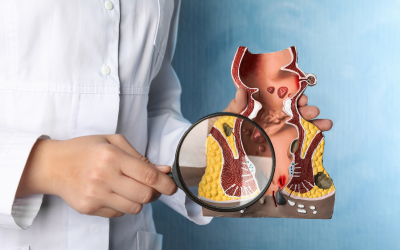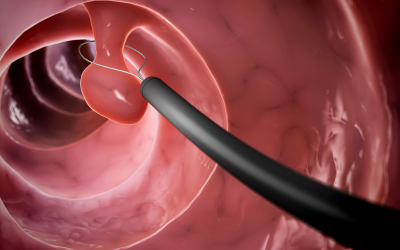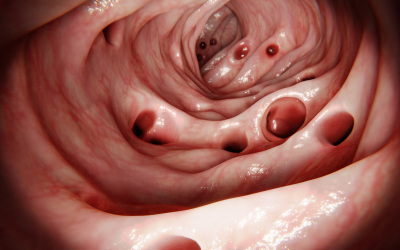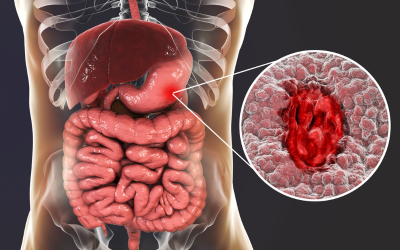Flexible Sigmoidoscopy in Mumbai
A flexible sigmoidoscopy is a clinically effective procedure used to examine the rectum and lower colon. It provides direct visualization of the colon lining, allowing for early identification of abnormalities such as inflammation, polyps, bleeding, or early colorectal cancer.
This procedure uses a slender, flexible tube equipped with a high-definition camera, offering precise diagnostic insights with minimal discomfort. Early detection through this procedure significantly improves treatment outcomes and reduces the need for more invasive interventions.
“A well-timed flexible sigmoidoscopy can often prevent the need for more invasive procedures later in life.” – Dr. Vipulroy D. Rathod
Here’s the thing… early assessment of the lower colon can make a crucial difference in your digestive health.
Learn how early detection can protect your digestive health—explore our patient-friendly resources.
Expert-Led Flexible Sigmoidoscopy by Dr. Vipulroy D. Rathod
A flexible sigmoidoscopy is a standard diagnostic tool for evaluating rectal bleeding, chronic diarrhea, or unexplained abdominal pain. The procedure involves gently guiding a thin, flexible tube with a camera into the rectum to examine the lower colon thoroughly.
Most patients do not require sedation, allowing for faster recovery and minimal interruption to daily activities. The examination is typically completed within 10–20 minutes, providing accurate results efficiently.
Dr. Rathod utilizes advanced imaging to ensure that even subtle abnormalities are detected. This combination of clinical expertise and state-of-the-art technology allows the procedure to be performed safely, accurately, and with patient comfort as a priority.

Conditions Diagnosed Through Flexible Sigmoidoscopy
A flexible sigmoidoscopy is highly effective in identifying a range of lower gastrointestinal disorders. Common conditions include:

Hemorrhoids & Anal Fissures
Frequently responsible for rectal bleeding, discomfort, and itching. Direct visualization allows differentiation between benign conditions and more serious pathology, guiding precise treatment decisions.

Polyps
Small growths that may initially be asymptomatic. Some polyps have malignant potential, making early detection through sigmoidoscopy a key preventive measure against colorectal cancer.

Diverticulosis & Diverticulitis
Diverticula are small pouches in the colon wall that can become inflamed, causing pain, bleeding, or infection. Early detection prevents complications and supports effective medical management.

Ulcerative Colitis
A chronic inflammatory condition affecting the colon, leading to diarrhea, abdominal pain, and blood in the stool. Flexible sigmoidoscopy assesses disease activity and informs treatment adjustments.
For patients presenting with rectal bleeding, this procedure identifies the precise source, enabling timely and targeted intervention.
Advantages of Flexible Sigmoidoscopy Over Full Colonoscopy
Flexible sigmoidoscopy provides several advantages in specific clinical contexts:

Minimally invasive
Focused examination of the lower colon and rectum reduces procedural complexity and patient discomfort while providing accurate diagnostic information.

Time-efficient
The procedure is typically completed within 10–20 minutes, allowing patients to resume normal activities promptly.

Simpler preparation
Preparation often requires only a mild laxative or enema, which improves patient compliance and comfort compared to full colonoscopy bowel prep.

Cost-effective
Shorter procedure duration and simplified preparation reduce costs while still providing reliable results for lower colon examination.
Preparation and Aftercare for Flexible Sigmoidoscopy
Accurate results from a flexible sigmoidoscopy depend on proper preparation and post-procedure care:
Clear liquid diet
Consuming broth, tea, or clear juices 12–24 hours prior ensures optimal visualization of the colon lining.
Light bowel preparation
Typically a mild laxative or enema is sufficient to prepare the lower colon, minimizing patient discomfort and stress.
Medication review
Patients should notify the doctor of any blood thinners, insulin, or heart medications to allow safe adjustments.
Comfortable clothing
Loose-fitting attire facilitates comfort during the procedure and post-procedure recovery.
Following the test, mild bloating or cramping may occur, but it typically resolves within a few hours. Patients are encouraged to resume normal activity immediately. Clear aftercare instructions are provided to ensure safe and effective recovery.
Proper preparation is essential to ensure diagnostic accuracy and a comfortable patient experience.
Learn how a 15-minute procedure can provide clarity about your digestive health.
Why Choose Dr. Vipulroy D. Rathod for Flexible Sigmoidoscopy?
Patients select Dr. Rathod for his combination of expertise, precision, and patient-centered care:

High-precision imaging
Advanced scopes ensure even subtle abnormalities in the lower colon are detected.
Patient-focused care
Every procedural step is explained clearly, reducing anxiety and providing confidence throughout the process.
Extensive experience
Over 80,000 endoscopic procedures and 20,000 EUS interventions, ensuring accurate and reliable care.
Global recognition
Trained at Yale University and Universitätsklinikum Hamburg Eppendorf, Dr. Rathod is internationally recognized for gastroenterology expertise.

Frequently Asked Questions
Disclaimer: The information shared in this content is for educational purposes and not for promotional use.
